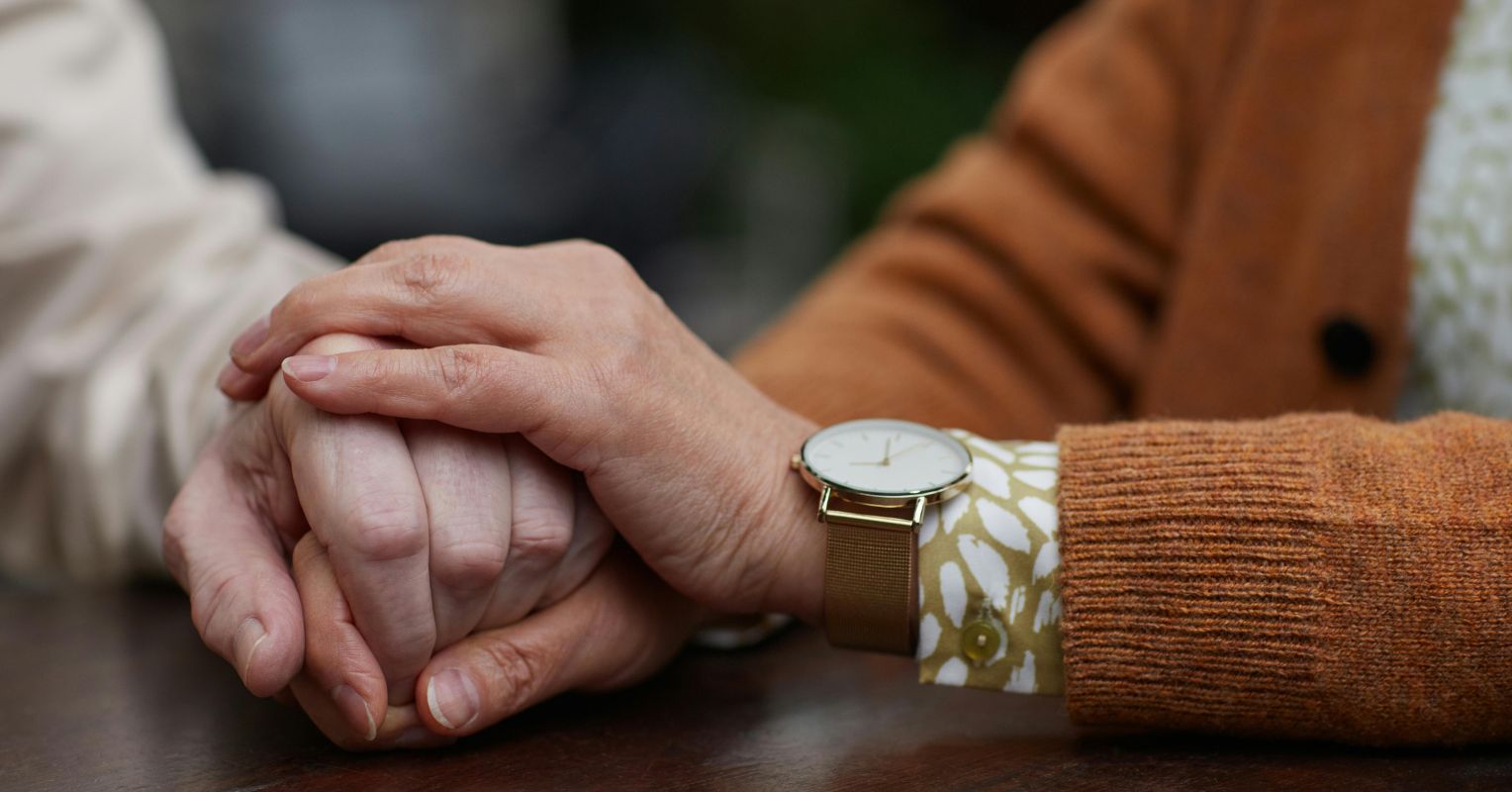
"It turns out that it makes a difference-and a measurable difference in the quality of our lives, both for the giver of the random acts and the receiver. The research is impressive: It can help reduce depression and anxiety, it stimulates serotonin, it produces oxytocin, which is helpful if you are feeling anxious or shy in a social situation, and it increases a sense of self-worth."
"My favorite study is by psychologist Gillian Sandstrom, whose research showed that just a smile can make a difference. When she was a student, lonely and living in a new city, as she walked from one class to another, she passed a woman selling hot dogs from a cart. She never bought a hot dog, but she would smile and wave. The woman would respond with a smile and a wave. She noticed that when she saw the woman, she felt better."
"The brief and wordless interaction made more of a difference than she realized. Sandstorm felt better when she saw the woman. This launched her research, which has shown that our happiness and indeed our physical health improve with social interaction. So many of my patients and students wonder what they can do to make a difference in these fraught times, so I tell the story of the hot dog lady."
Studies link random acts of kindness to measurable improvements in mental and physical health. Small gestures reduce depression and anxiety, stimulate serotonin, trigger oxytocin in anxious social situations, and boost self-worth. Brief social interactions, even a smile and a wave exchanged with a stranger, can lift mood and improve overall happiness. Social connection through small acts combats isolation and loneliness. Simple, repeatable behaviors offer accessible ways to increase well-being for both the giver and the receiver. Encouraging minor, everyday kindnesses can provide meaningful benefits during times of social strain.
Read at Psychology Today
Unable to calculate read time
Collection
[
|
...
]